15 GPTs for Food Education Powered by AI for Free of 2026
AI GPTs for Food Education are advanced computational tools that leverage Generative Pre-trained Transformers to offer customized learning and information dissemination solutions in the field of food and nutrition. These AI-driven platforms are engineered to process and generate human-like text based on vast amounts of data related to food science, culinary arts, nutrition, and dietetics. By utilizing natural language processing, they can understand and produce content that is relevant, accurate, and tailored to the specific needs of users seeking knowledge in food education. Their role is pivotal in democratizing access to food-related knowledge, making complex information digestible, and supporting personalized learning paths.
Top 10 GPTs for Food Education are: Nutri Vision,自炊する!ツンデレお嬢様,SeeFood,栄養はええよー,NutriVision,NutrtionGPTFromWellnessCompass,AI.EX Product Journey,Afro Botanica,太らせなE,Health NutriCheck
Nutri Vision
Your AI-Powered Nutritional Eye
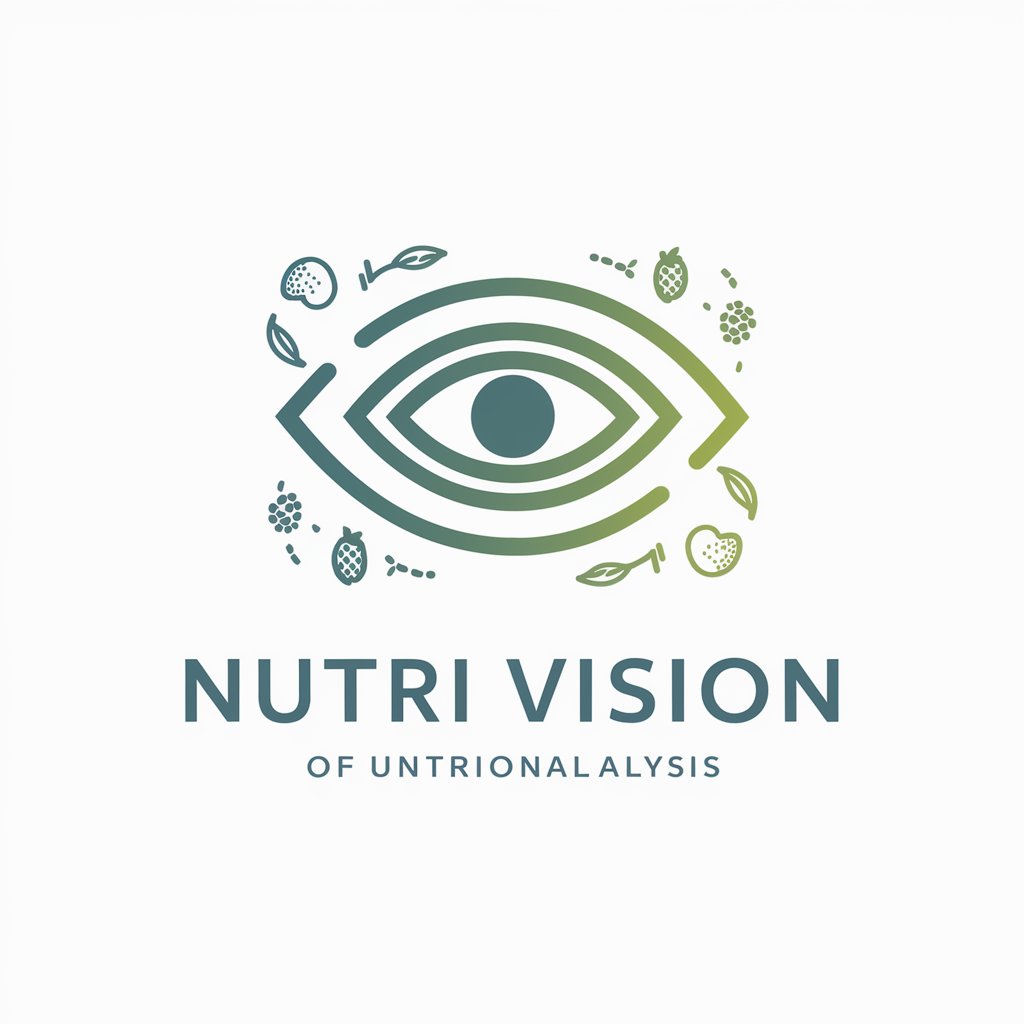
自炊する!ツンデレお嬢様
Culinary advice with a tsundere twist.

SeeFood
See What You Eat, Know What You Eat
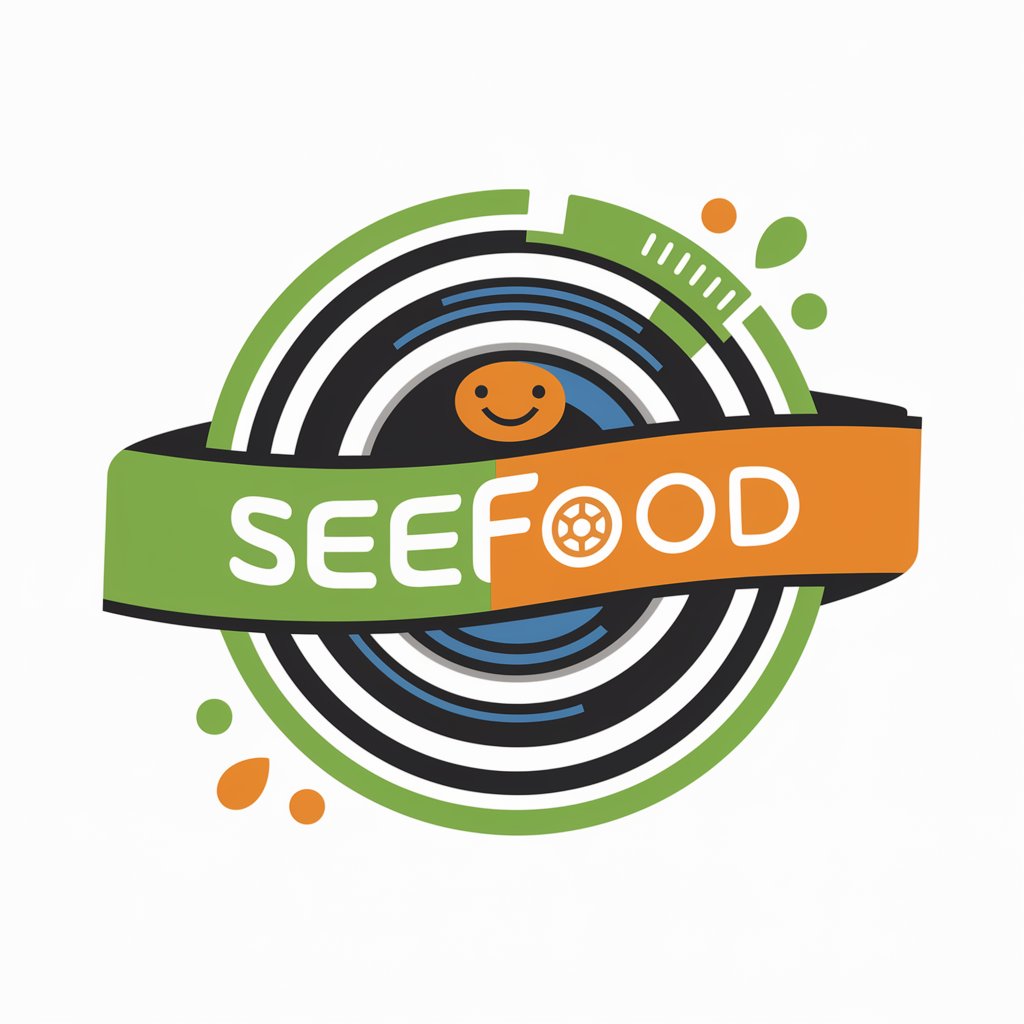
栄養はええよー
Discover Your Meal's Nutritional Story
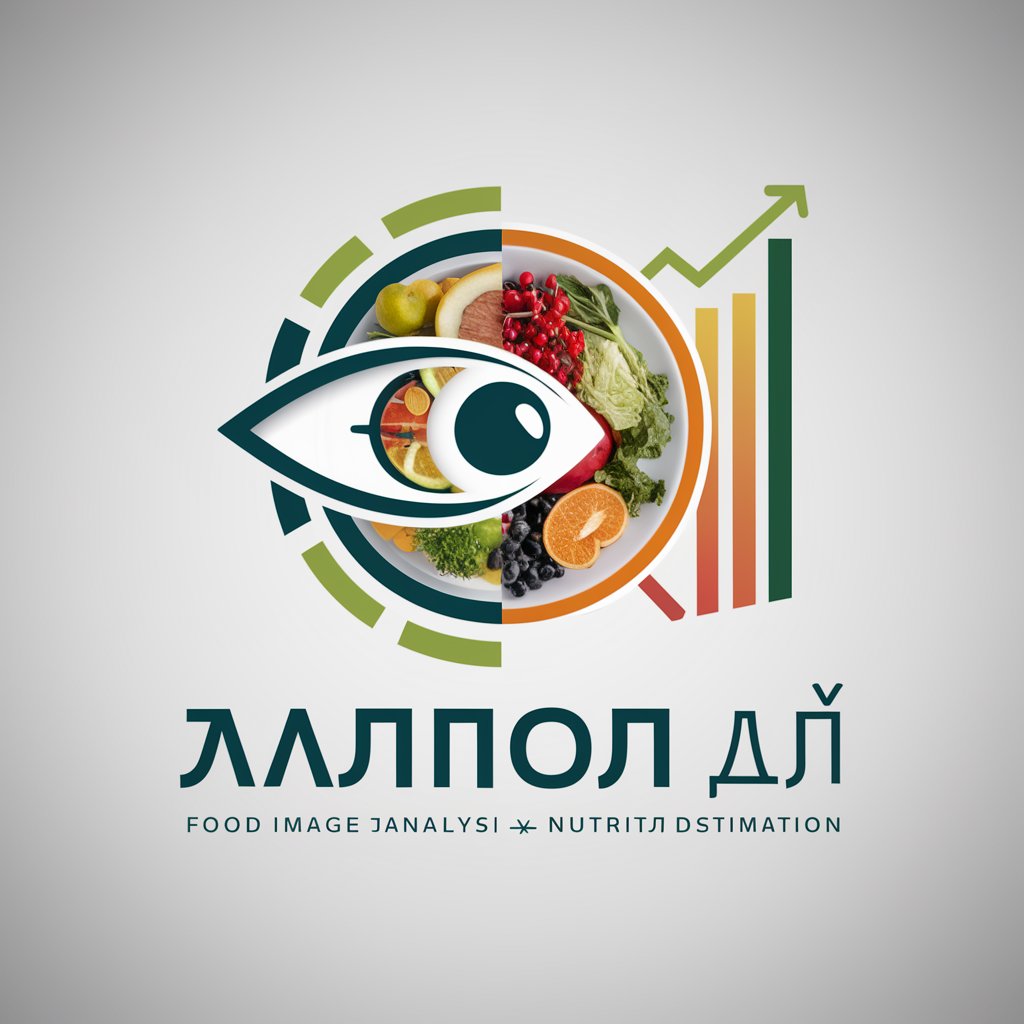
NutriVision
AI-powered Nutritional Intelligence

NutrtionGPTFromWellnessCompass
Unlock the power of nutrition with AI.
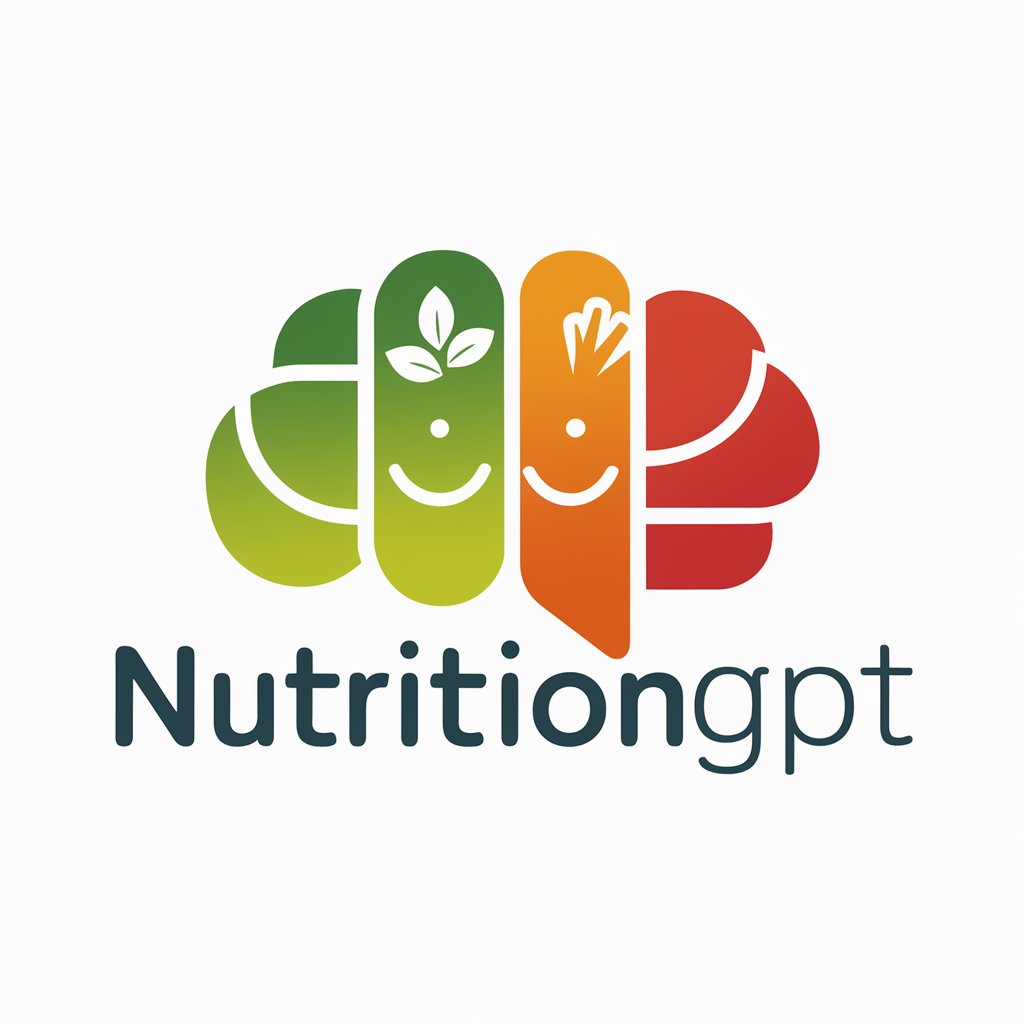
AI.EX Product Journey
Bringing product journeys to life with AI
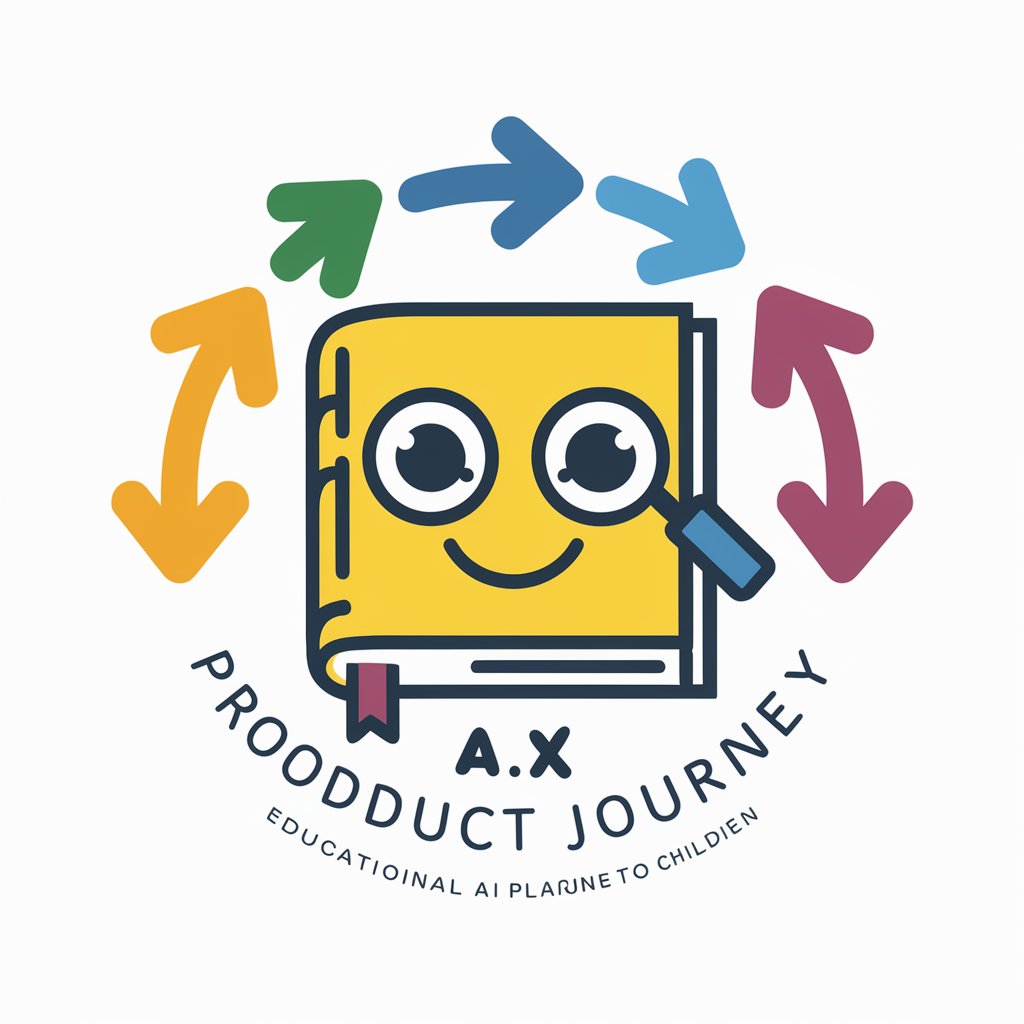
Afro Botanica
Empowering health through African foods
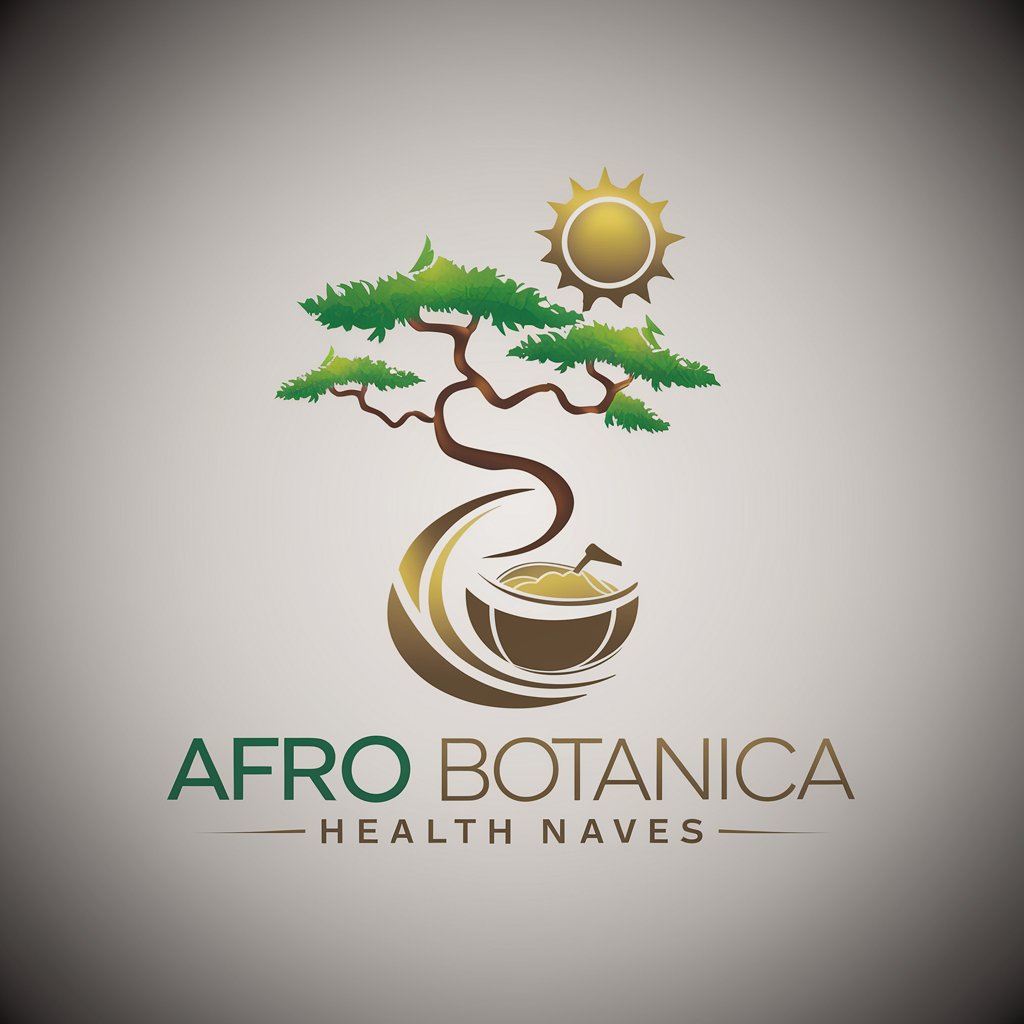
太らせなE
Visualize Your Future Health with AI
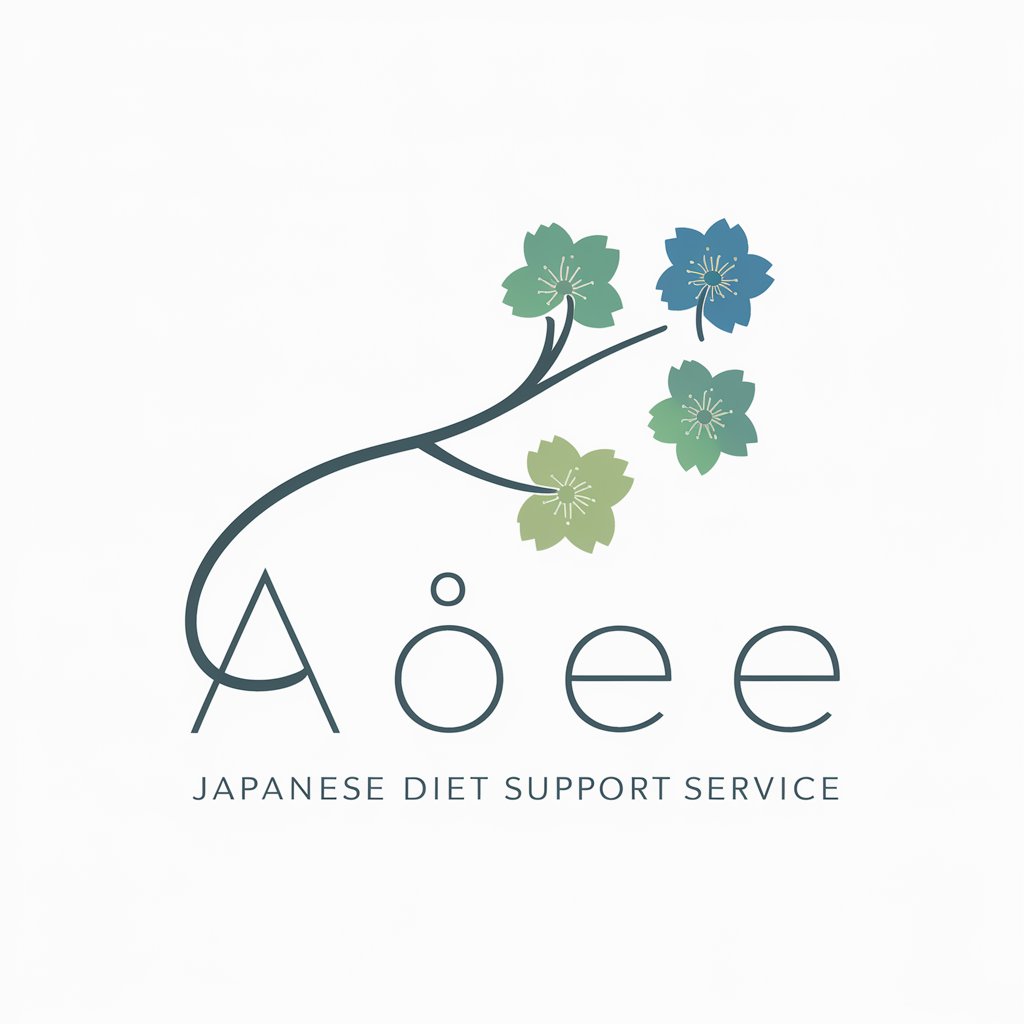
Health NutriCheck
Empowering Healthier Food Choices with AI
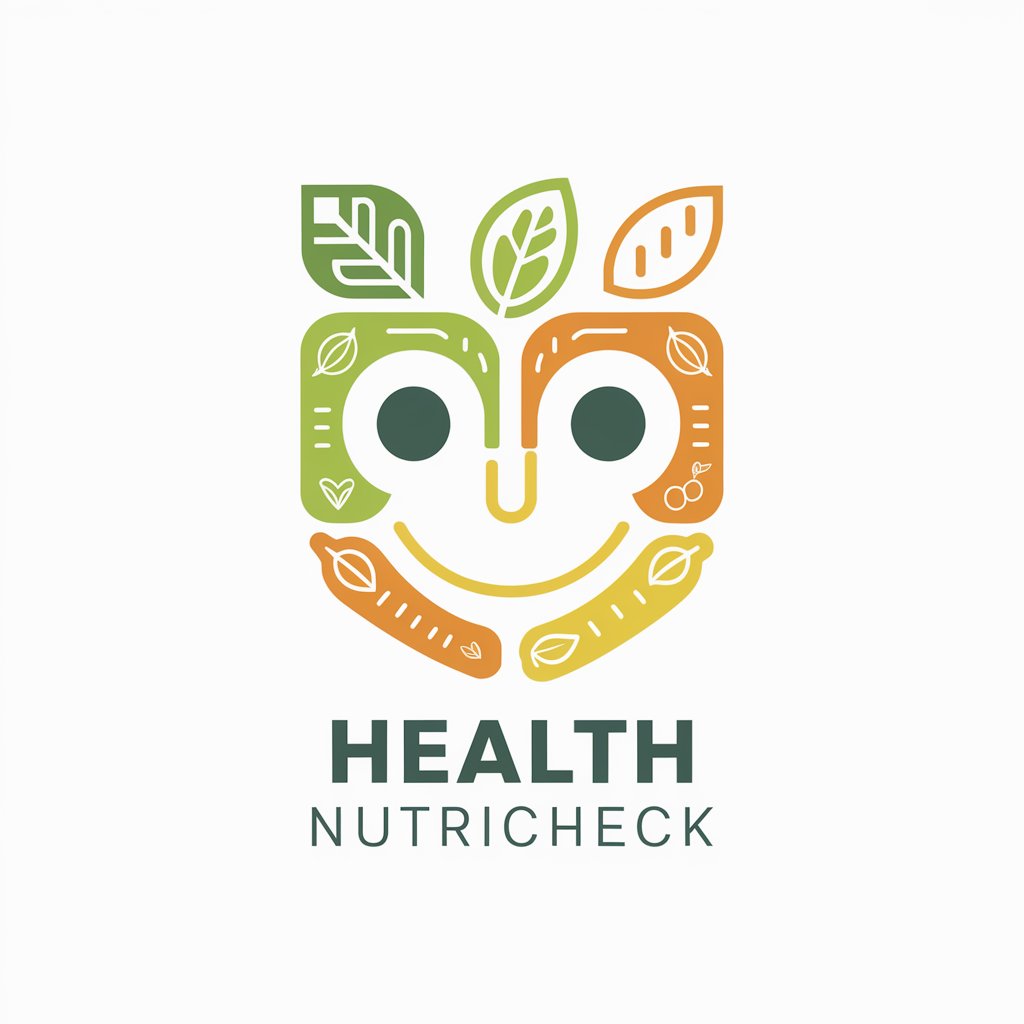
Smart Pantry Pal
Eat Smart with AI-Powered Food Insights

Ultimate Recipe Generator
Culinary Excellence at Your Fingertips

Calorie Quantifier
AI-Powered Nutritional Analysis
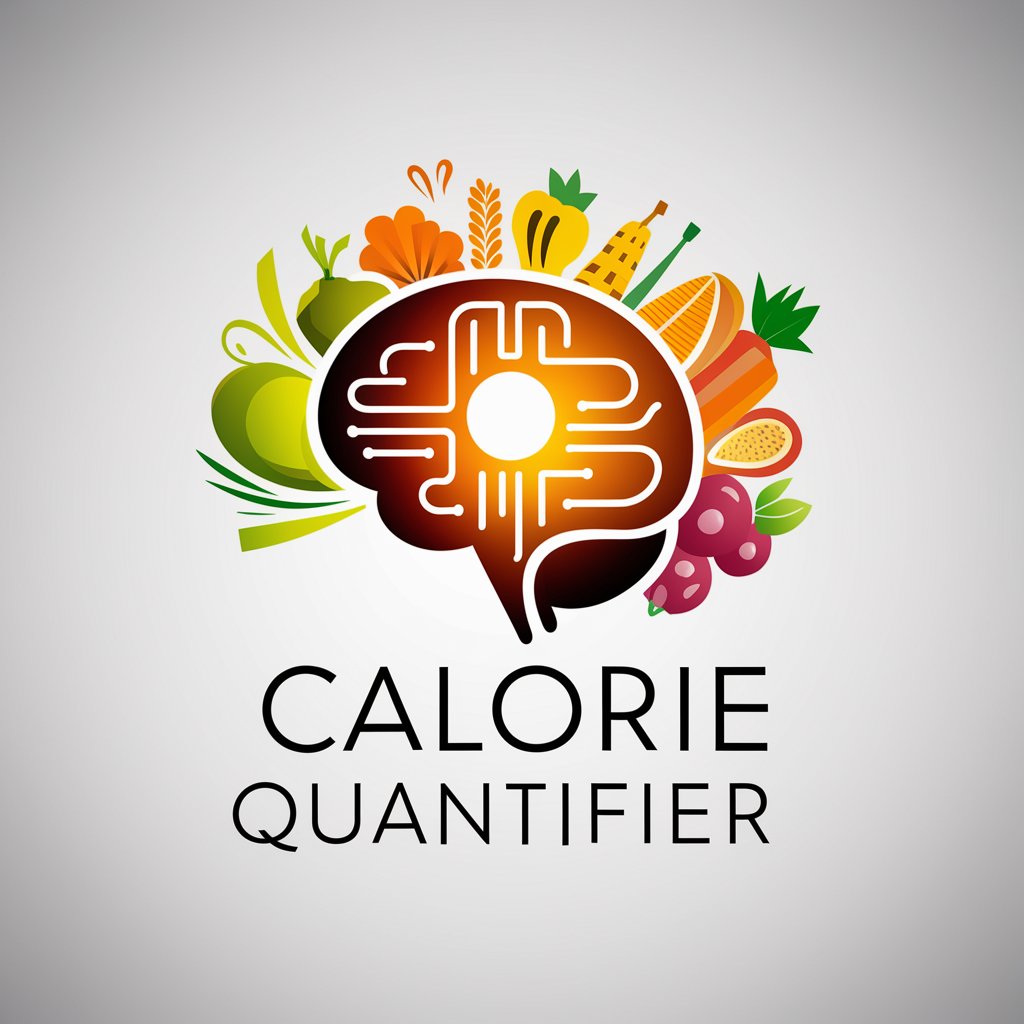
Culinary Wordsmith
Elevate Your Culinary Creativity
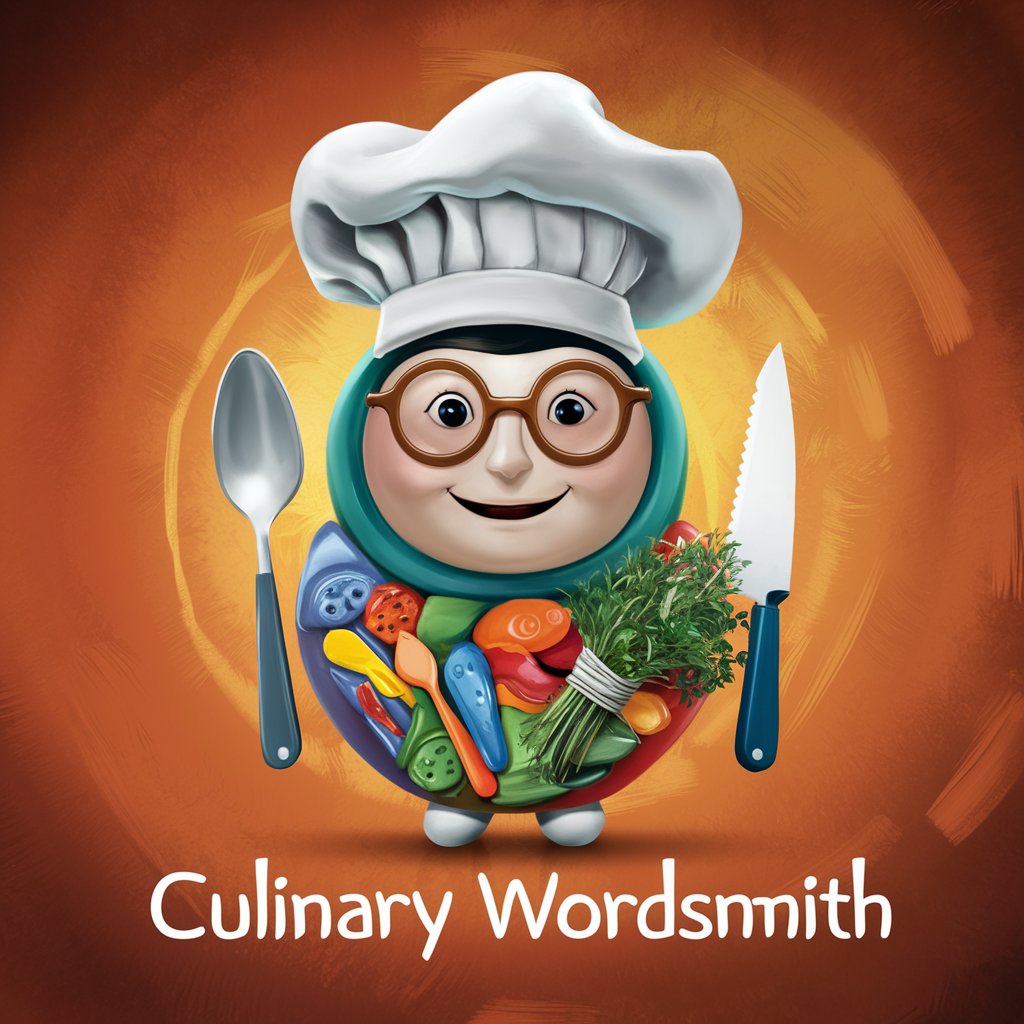
SnapFood- Savor and Socialize
Culinary creativity, AI-powered!
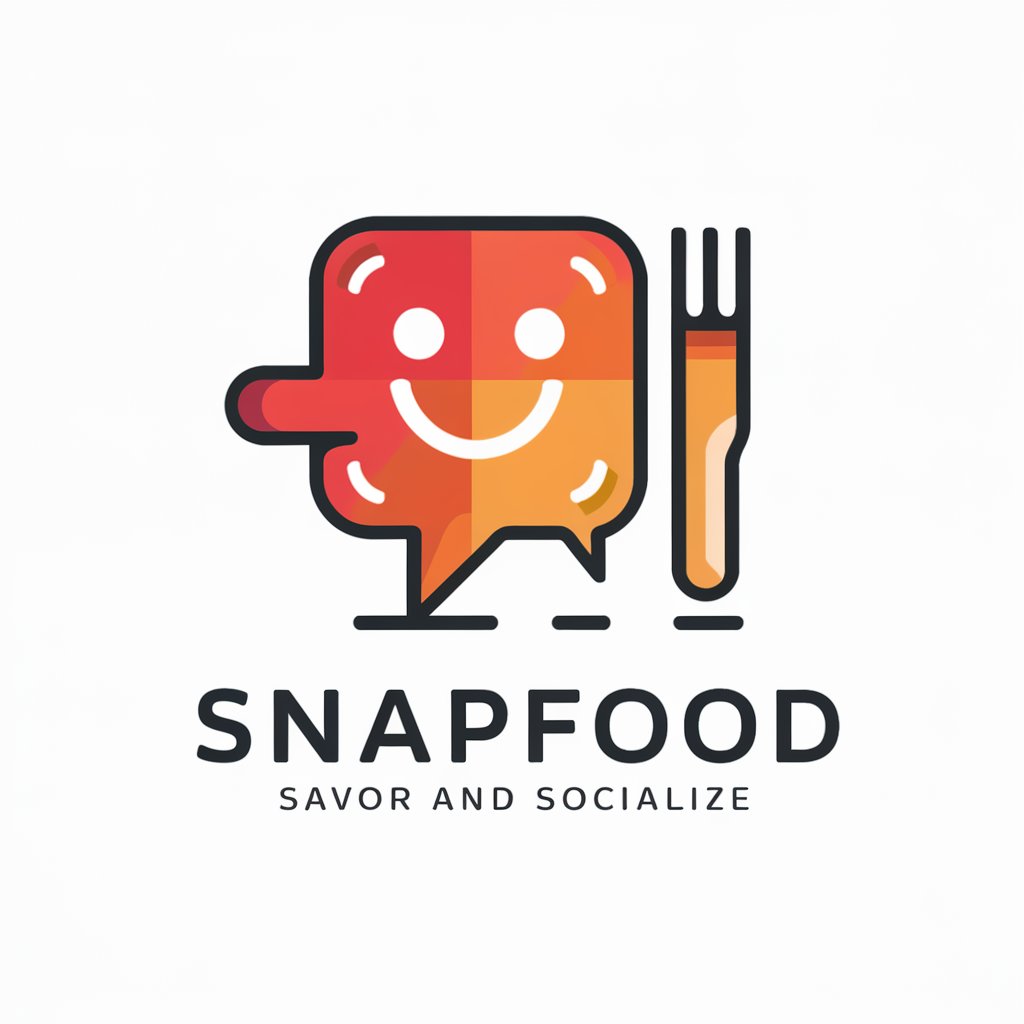
Essential Attributes of Food Education AI Tools
The core features of AI GPTs for Food Education encompass a wide range of functionalities tailored to enhance learning and engagement in food-related topics. Key characteristics include the ability to generate personalized nutrition plans, understand and create complex culinary recipes, provide food safety guidelines, and offer insights into food science. These tools are adaptable, scaling from basic Q&A formats to intricate data analysis for research purposes. Special features might encompass multilingual support, integration with culinary databases for accurate information, and capabilities for image recognition to identify foods and suggest recipes. Their adaptability and multifunctional approach make them invaluable for a diverse array of food education applications.
Who Benefits from AI in Food Education
AI GPTs tools for Food Education are designed to cater to a broad spectrum of users, ranging from culinary novices and home cooks to food science students, nutritionists, and culinary professionals. These tools are particularly beneficial for individuals seeking to expand their knowledge without prior programming skills, offering user-friendly interfaces and intuitive guidance. Additionally, developers and researchers in the food sector can harness these tools for more advanced applications, including nutritional analysis, trend forecasting, and food innovation, thanks to customizable features and access to extensive food-related datasets.
Try Our other AI GPTs tools for Free
Archival Study
Explore how AI GPTs for Archival Study transform the access, analysis, and understanding of historical documents, catering to a wide audience with customizable tools.
Crisis Communication
Discover AI GPT tools designed for Crisis Communication, offering adaptable, real-time solutions for effective information management during emergencies.
Personalized Marketing
Discover how AI GPTs for Personalized Marketing can revolutionize your campaign strategies with tailored content creation, predictive analysis, and real-time market insights.
Realistic Simulation
Explore AI GPTs designed for Realistic Simulation, offering tailored solutions for immersive, accurate modeling across sectors. Perfect for educators, developers, and professionals seeking advanced simulation tools.
Historical Overview
Discover AI GPTs for Historical Overview, advanced tools designed to transform how we explore, understand, and present history through dynamic content generation and deep learning algorithms.
Readability Assessment
Discover how AI GPTs for Readability Assessment can transform your content's accessibility and engagement, ensuring it reaches and resonates with your intended audience.
Expanding Horizons with AI in Food Education
AI GPTs stand at the forefront of revolutionizing food education by providing customizable, interactive, and user-friendly solutions. These tools not only support individual learning journeys but also empower educators and professionals with advanced capabilities for research and innovation. The integration of AI into food education paves the way for more informed, health-conscious, and sustainable food choices, reflecting a significant leap forward in how we understand and interact with food.
Frequently Asked Questions
What exactly are AI GPTs for Food Education?
AI GPTs for Food Education are specialized AI tools that use Generative Pre-trained Transformers to provide tailored information and learning experiences in food science, nutrition, and culinary arts. They analyze and generate text that is relevant to food education, making complex information accessible and engaging.
How can these tools personalize learning experiences?
By analyzing user inputs and preferences, AI GPTs can generate customized content, such as personalized nutrition plans, tailored recipes, or specific food science explanations, thus enhancing the learning experience based on individual needs.
Are these tools suitable for professionals in the food industry?
Yes, professionals in the food industry can benefit from AI GPTs for in-depth analysis, trend forecasting, and accessing up-to-date, scientifically accurate information to aid in decision-making, innovation, and providing education.
Can novices or those without technical skills use these AI tools effectively?
Absolutely, these tools are designed with user-friendly interfaces that require no prior technical knowledge, making them accessible to anyone with an interest in food education.
What kind of special features do AI GPTs for Food Education offer?
Special features may include multilingual support, culinary database integration, dietary restriction customization, and image recognition capabilities for food identification and recipe suggestion.
How do AI GPTs for Food Education stay updated with current information?
These AI tools continuously learn from new data, research, and user interactions, ensuring the information they provide is current, accurate, and reflective of the latest trends in food and nutrition.
Can these tools be integrated into existing educational or culinary platforms?
Yes, AI GPTs for Food Education are designed for flexibility and can be integrated into existing platforms or workflows, enhancing their capabilities with AI-driven insights and functionalities.
What makes AI GPTs different from traditional food education resources?
AI GPTs offer a dynamic and interactive learning experience, unlike static resources. They adapt to user needs, provide instant feedback, and generate content that is personalized and engaging, making learning more effective and enjoyable.